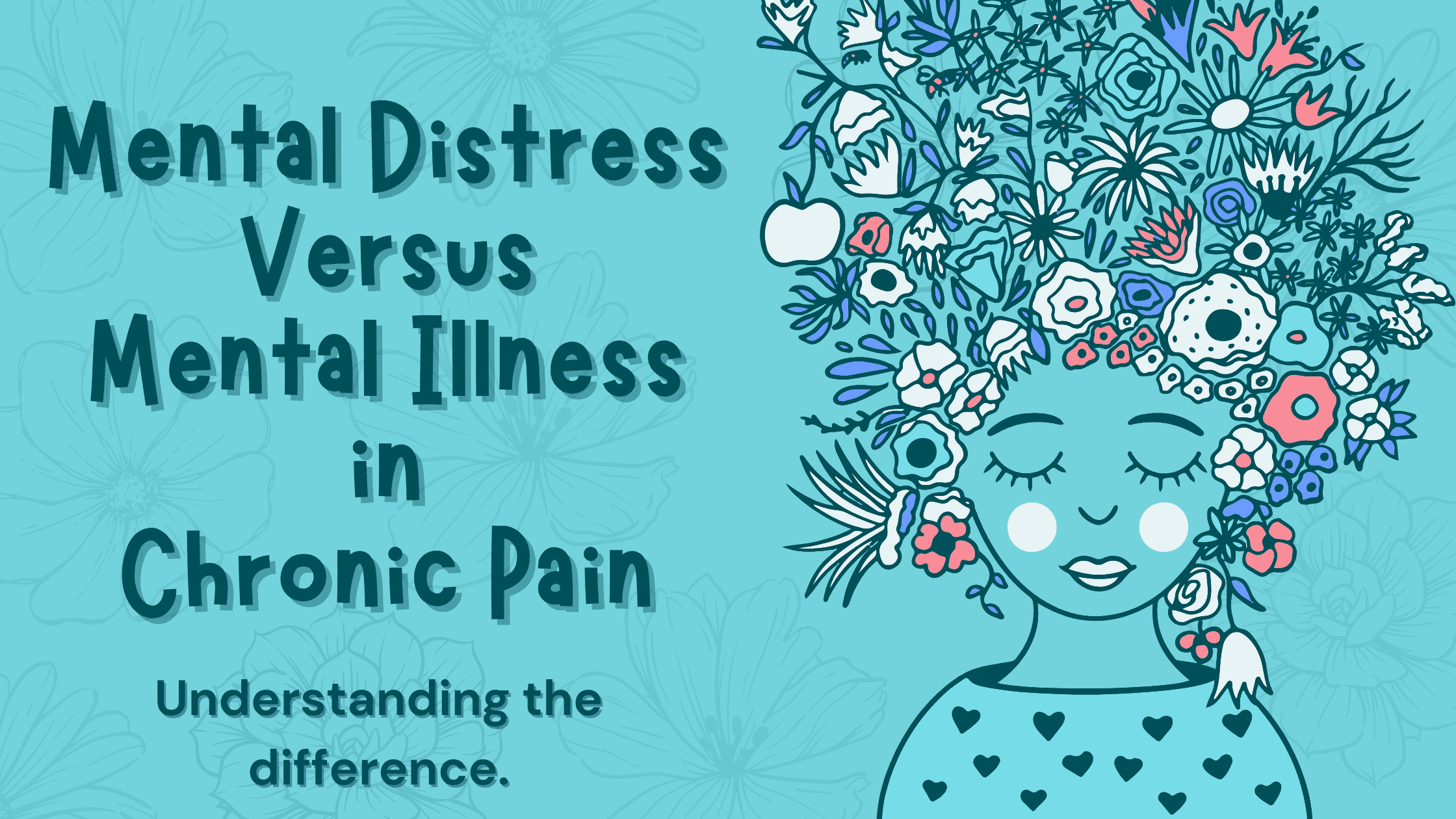Our bodies rely heavily on certain minerals to function well. When there’s a deficiency in those minerals, you might experience pain, especially in your muscles. That could be because of a short-term deficiency, like the athlete who loses electrolytes during an intense workout, or it could be a chronic deficiency, which often happens in pain syndromes like fibromyalgia, diabetes or with certain medications.
Short circuit acute muscle pain:
After an intense workout, physical activity, or stressful event, you need to rehydrate and replenish your electrolytes (which are minerals that conduct the electrical currents in the body). There’s no need to worry about replenishing individual minerals. Instead, there’s one food source that contains all of them in the ideal balance: coconut water.
Another great way to get your electrolytes is unrefined sea salt. I recommend using it on a daily basis to cook and season your food, plus you can ease post-workout muscle pain with your own “sports drink” of water with a pinch of sea salt, a squeeze of lemon, and maybe a few drops of stevia.
Another great way to relieve short-term muscle pain is to soak in warm water and Epsom salts (magnesium sulfate). The magnesium aids muscle recovery and the sulfur speeds up detoxification.
Wipe out chronic muscle pain:
When it comes to chronic (ongoing) pain, the individual minerals most often deficient are magnesium, calcium, and potassium.
Magnesium: Required for over 300 functions in the body, including the production of energy in the muscles. If you’re not getting enough magnesium, the muscles will spasm and shorten, and you can end up with chronic pain and cramping. Unfortunately, we see a lot of magnesium deficiency because of over-farmed soils and because magnesium isn’t well-absorbed in the body.
Food sources of magnesium: Lots of leafy greens are the best way to get your magnesium. (if they come from a farm with healthy soil!) Also, look for kelp noodles – they’re loaded with magnesium and are a great substitute for regular pasta and its starchy gluten-free cousins.
Magnesium supplementation: If you choose to supplement, the best forms are magnesium glycinate, malate, and citrate. (Watch out – most supplements on the market carry magnesium oxide, which is a cheaper, less bioavailable form.) Take 250 mg – 500 mg (or even upwards of 1000 mg if needed) every night.
Calcium: We think of calcium in terms of building strong bones, but it also helps muscles to relax and move. A deficiency in calcium can result in a painful tightening of the muscles.
Food sources of calcium: Contrary to popular belief, you don’t have to load up on dairy to get enough calcium. Nuts (especially almonds) and sardines are a great source of calcium. So is bone broth (made at home with a splash of apple cider vinegar to draw the minerals from the bones). Kale, broccoli, and Chinese cabbage are also excellent.
Calcium supplementation: It’s far better to get all your calcium from food, but if you do choose to supplement, take 500 mg once or twice per day of calcium citrate (the most absorbable form). When supplementing with calcium you should always take magnesium too. Aim for a magnesium-to-calcium ratio of 1:2 or 1:1.
Potassium: it’s unusual to have this deficiency on its own. Instead, it’s often part of a larger complication such as kidney disease, having to take of diuretics, or drinking alcohol excessively. In those situations, a potassium deficiency can result in muscle cramping and weakness.
Food sources of potassium: Bananas are the classic go-to for potassium. Cantaloupe and sweet potatoes are excellent sources, and so are avocados, cod, and rockfish.
Potassium supplementation: not recommended without consulting a doctor. Food sources are best.
In good health,
Joe Tatta, DPT, CCN
References
http://ods.od.nih.gov/factsheets/Magnesium-HealthProfessional/
http://ods.od.nih.gov/factsheets/Calcium-Consumer/
http://www.nlm.nih.gov/medlineplus/minerals.html
http://www.westonaprice.org/health-topics/abcs-of-nutrition/magnificent-magnesium/
This website uses cookies so that we can provide you with the best user experience possible. Cookie information is stored in your browser and performs functions such as recognising you when you return to our website and helping our team to understand which sections of the website you find most interesting and useful.



